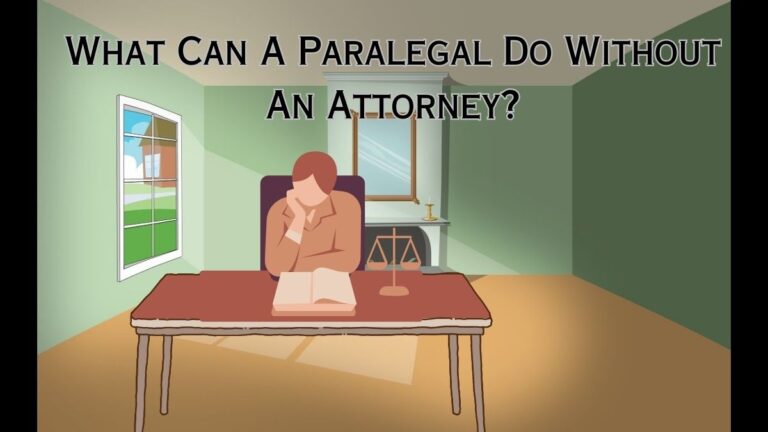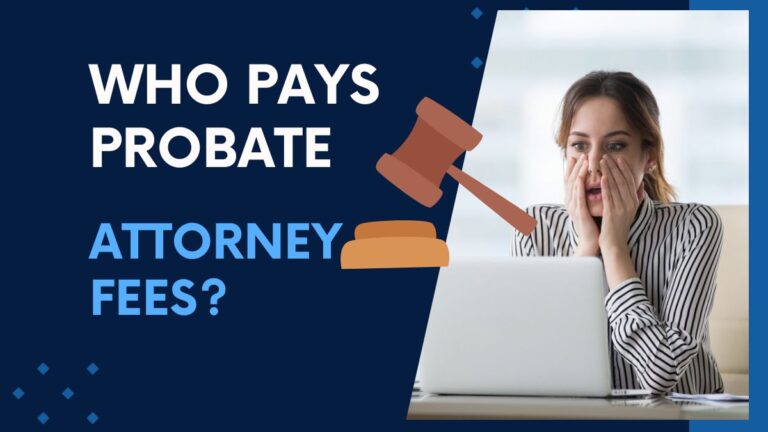Do Spouses Automatically Have Power Of Attorney?
Do Spouses Automatically Have Power Of Attorney? Are you married or planning to tie the knot soon? Congratulations! As you embark on this exciting journey together, it’s important to consider the legal aspects that come with marriage. One crucial question that often arises is whether spouses automatically have power of attorney. Join us as we unravel this topic and shed light on what powers may or may not be granted to your significant other in times of need.
Get ready for a thought-provoking exploration into the realm of marital responsibilities and legal protection!
What is Power of Attorney?
Power of attorney is a legal document that gives one person the authority to make decisions on behalf of another person. The person who signs the power of attorney document is called the principal, and the person who is being represented by the power of attorney is called the agent.
Spouses automatically have power of attorney for all financial and health-related decisions if they are married for at least two years unless they revoke it. However, spouses may choose to give up some or all of their power of attorney rights. For example, one spouse might want to keep control over major financial decisions but allow the other spouse to make decisions about healthcare.
A Power of Attorney can be revoked by either party at any time. If either spouse becomes incapacitated or dies, their agent will need to file a petition with the court in order to continue making decisions on their behalf.
Who has the authority to make decisions on your behalf?
In most cases, spouses have the authority to make decisions on each other’s behalf if they have been married for a certain amount of time and have agreed to delegate that authority. If one spouse is incapacitated or can no longer make decisions for themselves, the other spouse may have power of attorney.
When does a spouse acquire power of attorney?
A spouse generally acquires power of attorney when the other spouse is unable to make decisions for themselves due to a physical or mental incapacity. The law usually does not require an explicit declaration of power of attorney, but it’s important to document any agreement you make concerning your spouse’s care.
If one spouse lacks capacity and the other has the authority to make decisions for the incapacitated spouse, then the authority automatically passes to the person with authority.
Can a spouse revoke power of attorney?
In most cases, spouses automatically have power of attorney over each other’s financial and health care decisions. This power can be revoked by either spouse, but it’s important to note that this revocation doesn’t always take effect immediately.
Typically, a spouse will need to notify the other spouse in writing about their intention to revoke power of attorney. After that, the other spouse has a certain amount of time (typically three months) to object or agree to the revocation. If the other spouse doesn’t respond, then the revocation is considered valid.
Conclusion
As we all know, power of attorney can be a valuable tool for those who may need help with tasks such as making financial decisions or accessing medical records. However, it is important to remember that spouses do not automatically have power of attorney over each other.
If one spouse does not want the other to have access to certain information or make certain decisions, it is important to discuss the matter openly and work out an agreement that both parties can abide by.






